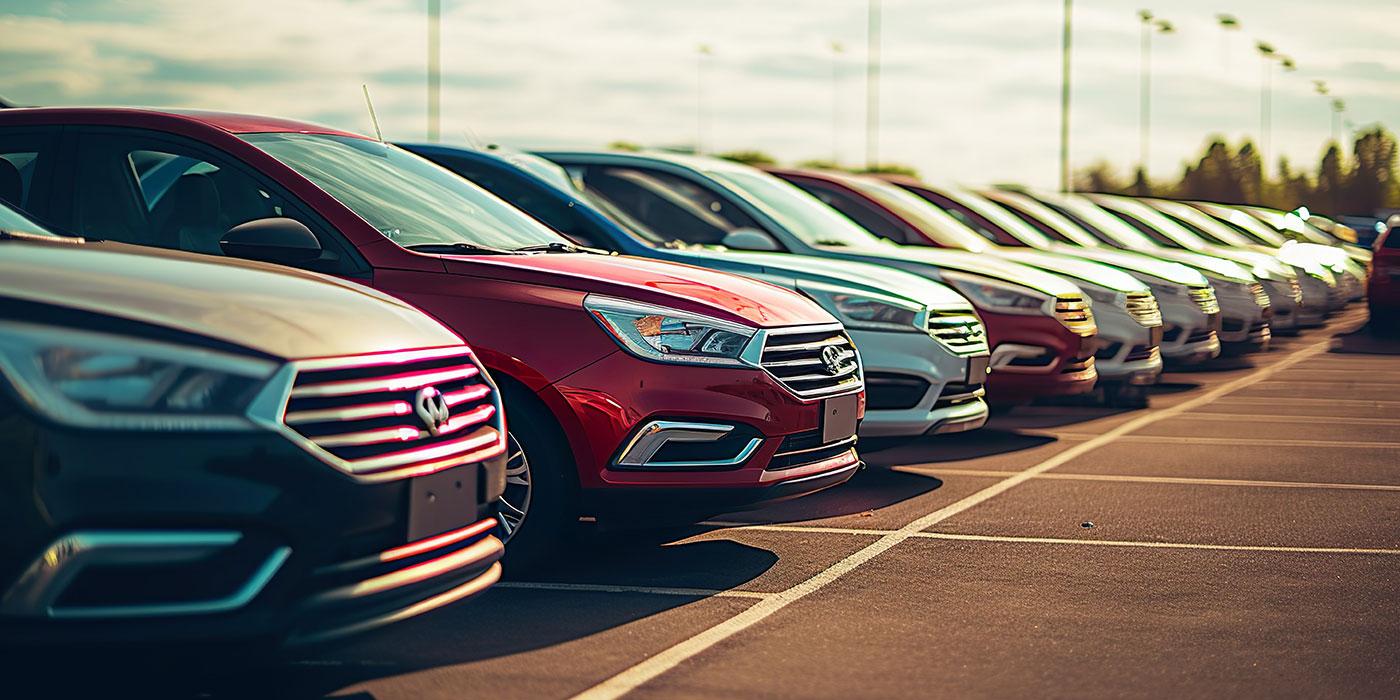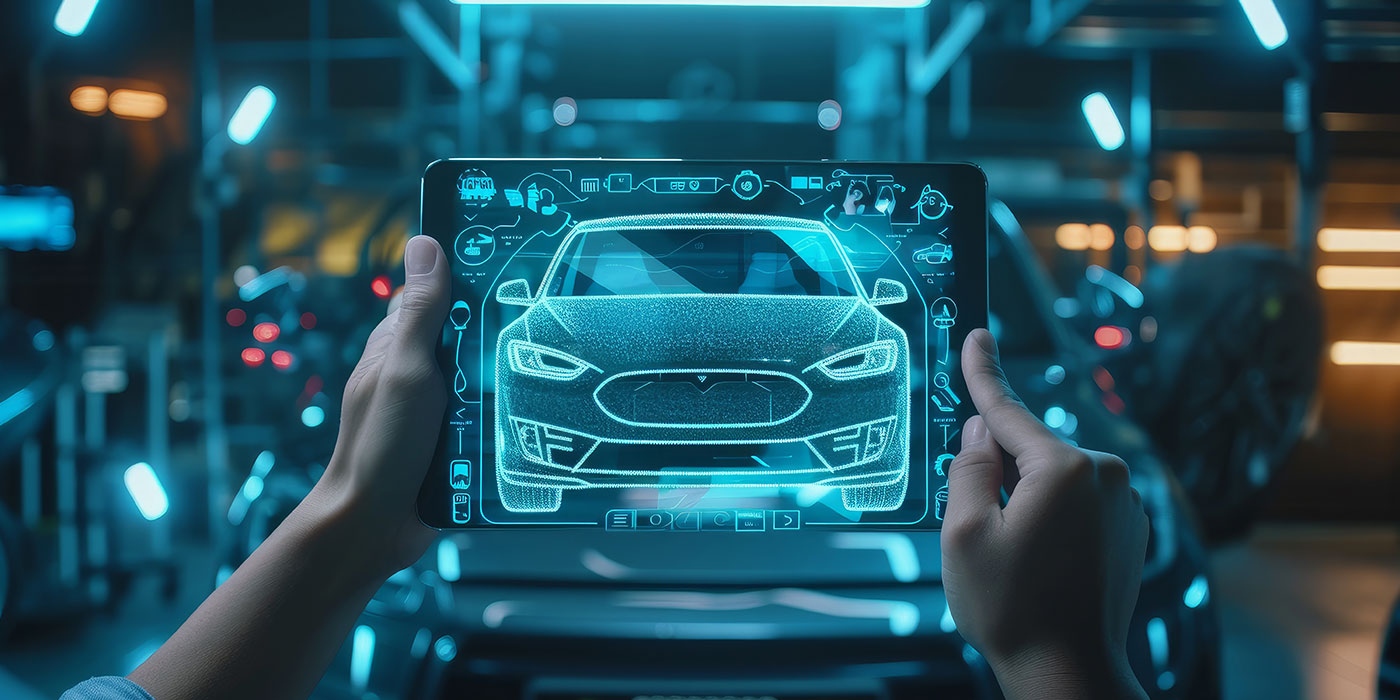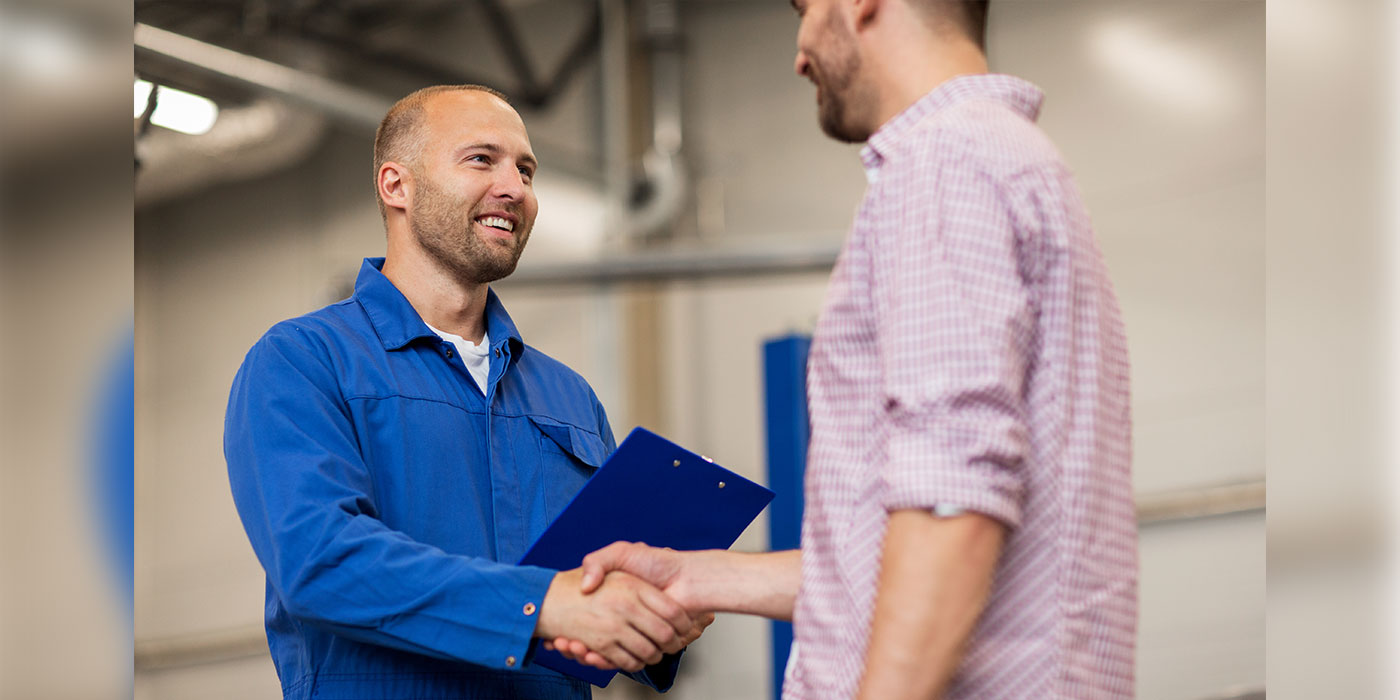The auto industry has seen transformative change in vehicle function and design over the years, but the process of purchasing a car has been stuck in a stalemate for decades. While the internet undoubtedly made researching and comparing prices across dealerships more convenient, by and large, buying a car is still an offline experience that begins and ends on the showroom floor.
The pandemic turned the traditional car-buying process on its head and brought dealerships a set of unprecedented challenges. Stay-at-home orders and strict social distancing regulations resulted in less foot traffic in showrooms and auto sales plummeted. At the same time, consumer preferences radically shifted. A recent survey found that 61% of shoppers are now open to buying cars online, compared to just 32% pre-pandemic. COVID brought the antiquated car-buying experience into focus, and made it clear it’s in need of immediate change.
Jargon like “digital retail” and “omnichannel” approaches have emerged in recent years and have been gaining steam in light of dealers’ new challenges. Though these tools have digitized pieces of the purchasing process, in practice they can create a clunky shopping experience that is more fragmented than before. To operate more efficiently and to keep up with evolving customer expectations, dealerships need to embrace holistic online sales solutions that seamlessly meet customers wherever they are.
“Digital” Solutions Are Still Just Lead Generation Tools
Today, the concept of “digital retailing” is just that — a concept. Despite the growing popularity of digital solutions, few of these tools have successfully moved past lead generation into real, end-to-end online sales. Shoppers can calculate the value of a trade-in or view monthly financing estimates online, but often can’t complete a purchase without setting foot in the dealership at some point — essentially restarting the entire car-buying process for both customers and salespeople.
The same can be said for omnichannel tools, which promise to bridge the gap between digital and physical shopping experiences, but oftentimes have the opposite effect. Solutions that don’t fully integrate the physical showroom, call center, online experience and everything in between actually create a disjointed customer experience where, for instance, the price of a vehicle changes from one channel to the next. Instead of digitizing only pieces of the process, online and in-person shopping experiences must converge. To do this, dealers should invest in online sales tools that create a consistent and frictionless experience for each customer — regardless of how they choose to shop.
The Future of Car Buying Is a Seamless Experience, Online and In-Store
It’s a common misconception among dealers that investing in online sales means sacrificing profitability. However, holistic online sales tools bring greater efficiency to dealer operations by providing more insight into vehicle cost, more customer financing options and more opportunities for customers to purchase add-ons during the sale, like premium accessories and extended warranties.
Additionally, online sales unlock an entirely new revenue stream for dealers. Today’s consumers aren’t just deciding what kind of car they want to buy, they’re also deciding where and how they want to buy it. Industry competition is being fueled by more than simply selection and cost — the end-user experience carries more weight than ever as more shoppers are opting-out of physical paperwork and in-person negotiations. Modern, efficient car-buying experiences are becoming the norm thanks to companies like Carvana and Tesla, who have pioneered fully online sales — and a recent study found that nearly 40% of shoppers would prefer to buy cars online. To keep up, dealerships must empower customers to shop however and whenever they want.
To survive and evolve, dealerships need to create seamless online to off-line buying experiences. This cannot be achieved with piecemeal tools that bring only portions of the process online, or that don’t align with what’s happening on the showroom floor. Instead, the future of car buying relies on a comprehensive, 360-degree online sales approach. Dealers must adopt solutions that provide a convenient customer experience, equip all salespeople with accurate, personalized financing tools, and fully integrate new and existing revenue streams to remain competitive in a quickly changing retail landscape.














